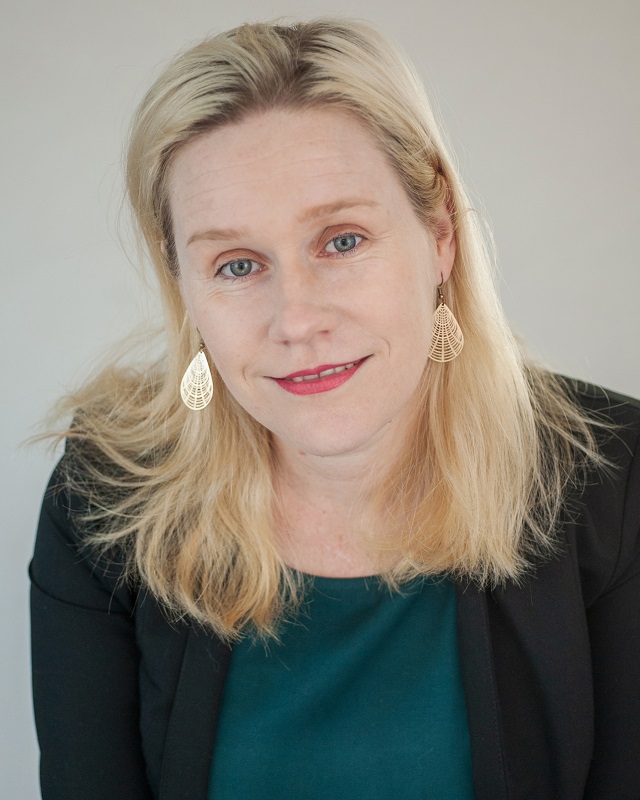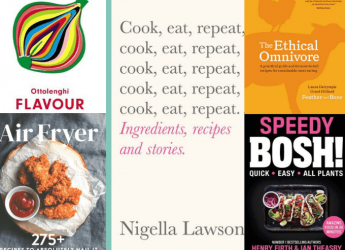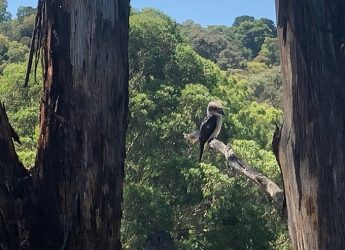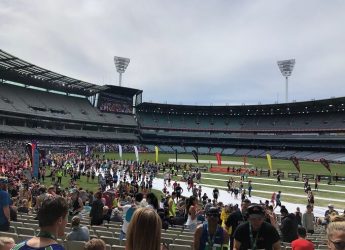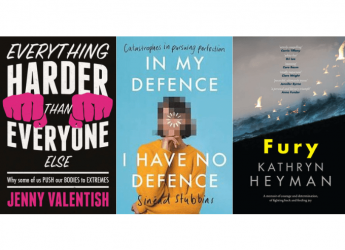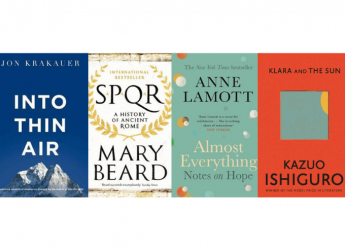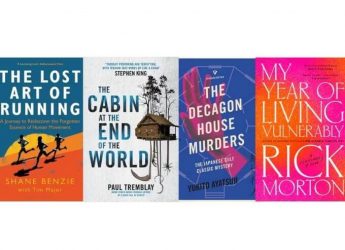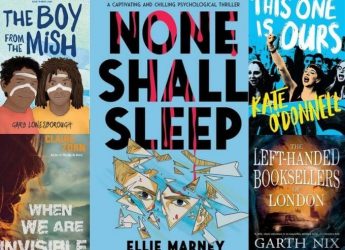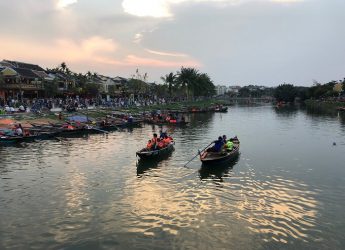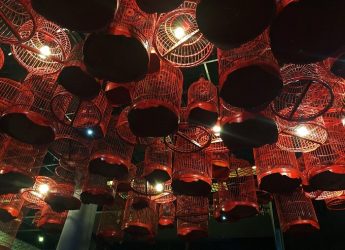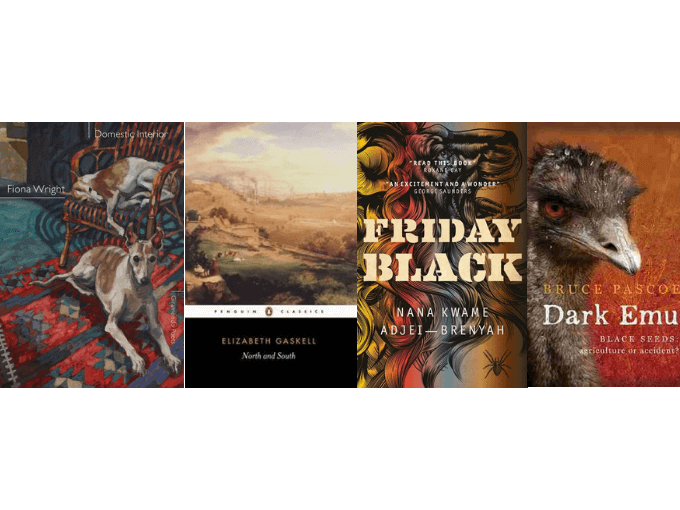
Fiona Wright is one of my favourite writers (as I’ve said before). Insightful, yet accessible, Domestic Interior is a poetry collection that celebrates the experiences of domestic life. These experiences might be mundane or exciting, warm or upsetting, and together they elevate the text’s impact. You feel these poems and are spurred to consider your own life in similar, intelligent ways. I am, at least.
I’ve had several revelations as I’ve gone through boxes and boxes of our books in storage over the past month. Like how grateful I am to have studied as many classics as I did at high school and university, and those I read ‘on the side’ for pure pleasure alone, and how few I’ve finished in comparison since. North and South by Elizabeth Gaskell is the first in an attempt to claw back some kind of balance. I did have a slight agenda, too, in that I’m interested in a writing project that’s set during the early industrial period in nineteenth-century England and I’m collecting books and research about it. North and South is set in the middle of the century, putting it outside my research period, but it was still valuable. I listened to the audiobook, I should say, and it was terrifically narrated by Juliet Stevenson. I have friends who are fans of the mini-series starring Richard Armitage as John Thornton and I must say that picturing his face as the story went on made for… ah… easier listening.
Finally, we come to two books I’m still in the process of reading. Dark Emu by Bruce Pascoe (the audiobook) and Friday Black by Nana Kwame Adjei-Brenyah. I’ve talked about Dark Emu in the past (see here), so won’t go into it in much more detail here, except to say that a version has just been released for younger readers called Young Dark Emu – a fantastic idea, already selling very well. I wish it continued success!
Friday Black is a debut collection of short stories from a terrifically talented author, Adjei-Brenyah, who is mentored by another favourite writer, George Saunders. Just this past week I’ve read a recommendation for ‘The Finkelstein 5’, the opening story, as an excellent example for those writers who want to study the form. The work is realist blended with dark, imagined alternate states; it’s not always comfortable, but that’s exactly the point. If you’d like to hear more, here he is in conversation with Areej Nur for The Wheeler Centre.




